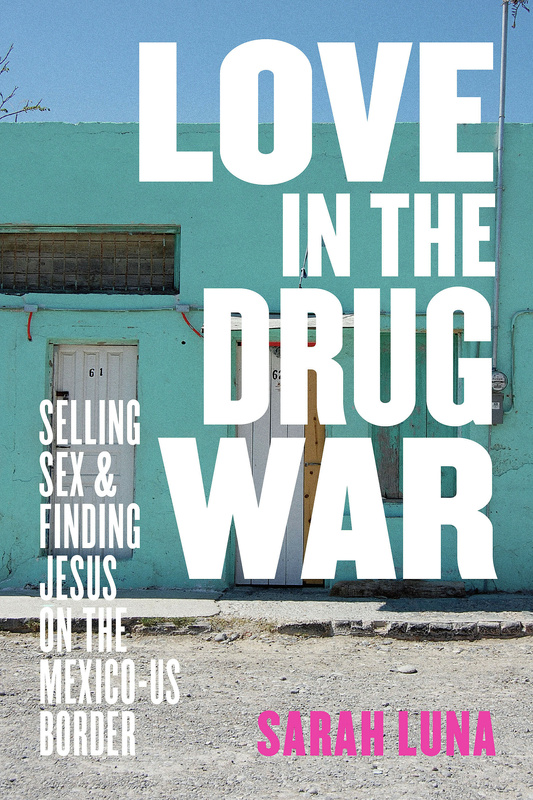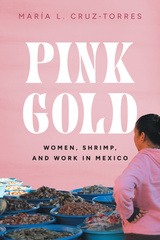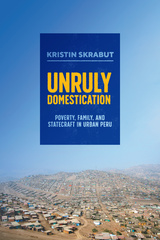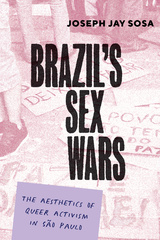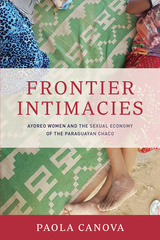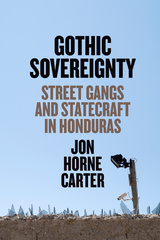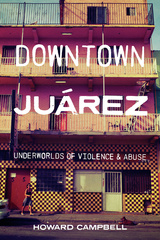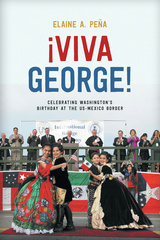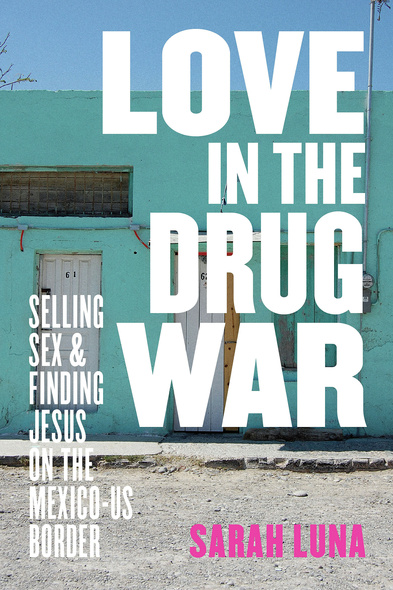
Love in the Drug War
Selling Sex and Finding Jesus on the Mexico-US Border
2020 — Ruth Benedict Prize – Association for Queer Anthropology, American Anthropological Association
2020 — Gloria E. Anzaldúa Book Prize – National Women’s Studies Association
2020 — Honorable Mention, Sara A. Whaley Book Prize
2021 — Best Book in Social Sciences – Mexico Section, Latin American Studies Association (LASA)
Sex, drugs, religion, and love are potent combinations in la zona, a regulated prostitution zone in the city of Reynosa, across the border from Hidalgo, Texas. During the years 2008 and 2009, a time of intense drug violence, Sarah Luna met and built relationships with two kinds of migrants, women who moved from rural Mexico to Reynosa to become sex workers and American missionaries who moved from the United States to forge a fellowship with those workers.
Luna examines the entanglements, both intimate and financial, that define their lives. Using the concept of obligar, she delves into the connections that tie sex workers to their families, their clients, their pimps, the missionaries, and the drug dealers—and to the guilt, power, and comfort of faith. Love in the Drug War scrutinizes not only la zona and the people who work to survive there, but also Reynosa itself—including the influences of the United States—adding nuance and new understanding to the current Mexico-US border crisis.
Love in the Drug War is as detailed as a dissertation and as readable as a novel.
[A] terrifically engaging and accessibly written ethnography...Love in the Drug War is richly illustrated with glossy color photos not often seen in university press books that vividly take the reader into la zona.
The lives of people in two immigrant groups in Reynosa, Mexico, illuminate morality and necessity and conversion and survival within the context of vice tourism and a protracted drug war...Luna situates the sex worker/missionary dynamic within the context of a narcoeconomy and the complexities of narcoviolence that places the lives of the most vulnerable in Mexico in grave danger...Recommended.
Love in the Drug War is a wonderfully written and highly original ethnography that fluidly spans a wide range of conceptual fields (violence, migration, sex work, theology and queer studies, to name but a few) making it an attractive read for a large audience...Love in the Drug War is a beautiful anthropological work, and it is Luna’s attentiveness to the everyday details of life in la zona that immerses the reader. Upon turning the final page of the book, the reader is left with this: that from the cracks and crevices of an area defined by its negatives, love and intimacy, however complex, can grow and coexist with violence.
[A] sensitive and theoretically rich ethnography...[Love in the Drug War] is a compelling, approachable, and very teachable ethnographic perspective on sexual labor, emotion, and racialized, gendered, and classed subjectivities on the border. It also offers an intimate lens on the effects of the militarized war on drugs on vulnerable populations. The book advances the creative power of queer theory and ethnography to expand the boundaries of human understanding.
An ambitious, dangerous, and powerful study of transnational economies, neocolonialism, intimacy, labor, and Christianity...Luna’s work stands among the best in recent ethnographic explorations of sexual economies throughout the Global South, but given her site’s geographic proximity to the Global North, her work offers unique insights into the porousness of even the most militarized national borders thanks to power, privilege, and individual ingenuity...Luna’s work represents ethnography at its finest, showing how the experiences of a small and unseen group of people agentically forge lives that are simultaneously emblematic of forces well beyond their control.
A compelling resource for understanding the construction and negotiation of moral, economic, material, and spiritual value in the context of the drug war on the Mexico-US border…[Luna] provides a rich example of how structural inequalities shape relations of intimacy and value-making in the borderlands...beautifully written and methodologically rigorous...Love in the Drug War is an engaging and necessary read for anyone interested in love, sexuality, and the borderlands.
[Love in the Drug War] accurately compiles and intertwines the stories of women who live and work in 'the zone' with the violence in the border city of Reynosa, Mexico...Luna accurately conveys the message of her research in Love in the Drug War.
Love in the Drug War is an exciting piece of work that pushes us to think about borderlands, queer intimacies, value, morality, love, and obligation together...Love in the Drug War is a unique book that reaches across disciplines. It helps the reader think synthetically across multiple theoretical perspectives, lived experiences, geographies, and methodological orientations.
Luna masterfully links cultural anthropology with migration, gender, and queer studies through her ethnographic examination of how the border shapes people's subjectivities across race, gender, class, nationality, and religion. Anyone interested in the Mexico-US border should read and take note of Luna's timely, engaging, and accessible text.
An inspiring and vivid exploration of the intertwining of love and violence in the Mexican border city of Reynosa. Luna’s analysis of two groups of migrants, Mexican sex workers and American missionaries, offers a rare glimpse of the border by rethinking a wide range of intimacies through the lens of love and obligation.
- List of Illustrations
- Acknowledgments
- Introduction
- Part I. Drug Work and Sex Work in Reynosa
- 1. Dinero Fácil: The Gendered Moral Economies of Drug Work and Sex Work
- 2. Rumors of Violence and Feelings of Vulnerability
- Part II. The Intimate and Economic Obligations of Sex Workers
- 3. Stigmatized Whores, Obligated Mothers, and Respectable Prostitutes
- 4. “Sometimes We, as Mothers, Are to Blame”: Drug-Addicted Sex Workers and the Politics of Blame
- Part III. Missionary Projects in Boystown
- 5. The Love Triad between Sex Workers, Missionaries, and God
- 6. Love and Conflict in Sex Worker/Missionary Relationships
- Conclusion
- Notes
- Bibliography
- Index

